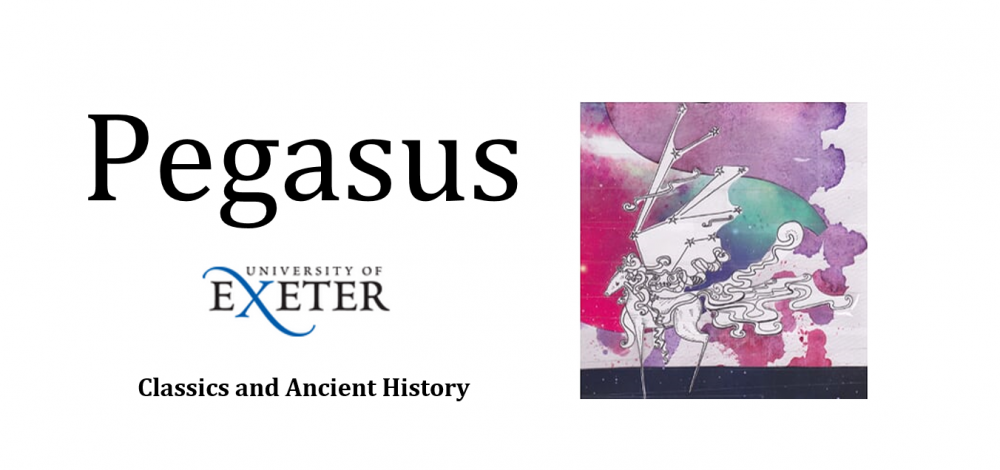Hannah Oldham
For now the girl had run;
Through Lerna’s meadows and the forest lands
Of high Lyrceus she sped until the god
Drew down a veil of darkness to conceal
The world and stayed her flight and ravished her.
Ovid.
It was early April and already the daffodils were dying. Imogen squinted against the glaring sunlight, which poured through the glass of the train-carriage window like scalding tea from a bright, blue teapot.
She remembered it too clearly – the man’s looming face, his thick beard a carpet sample. The big mouth pressed down onto hers, a forceful kiss that led to this. She felt a line of sweat trickle between her collarbones and allowed the memory to seep through her mind. She couldn’t escape it. Her piano teacher, the wife named Julie, who possessed a narrowed stare and a thick, gluey streak of jealousy. And he who was always hovering nearby, always quick to place a hot hand on her back.
If anyone else knew of what the man did to her, they might say something like ‘he ravished her, that dreadful man’. If Imogen had any sense of humour left, she would think that that word ‘ravish’ reminded her of a blotchy, shrivelled-pink radish, or something.
Imogen had tried to stop her piano lessons but found Julie with a sickly smile, protesting that she so wanted to mould her into a tinkling protégé. And he and his beard had stood by the door with shuffling feet and a guiltless smile – why should she stop when she had so much talent?
So she had had to stay. Each lesson ended with him showing her out of the front door. In the porch he would quickly pull her to him, whilst unknown to either of them stood Julie, trying to make sense of their twisted figures through the frosted glass.
But then she had run away, straight after a piano lesson one week, straight onto a train bound for anywhere. By this journey she was far away, herself now unaware that Julie sat alone at the piano stool, winding pieces of paper printed with the tadpoles of music between her shaking fingers. For the man too had run, full of excuses and promises of return.
Imogen looks out of the window and suddenly she is running fast across the fields, all covered by crispy grass and grasping weeds. Her eyes are black and bewildered; from a distance she is a sleek white spot, careering forwards on four hooves towards the bank of a grey river. Through the blurred glass – the cloudy water – the big ears of the man and their drooping lobes push to the front of her mind. She stares harder and two horns protrude from the top of her head with its straight brown hair, strangely man-made like tarnished wooden fence posts.
In seat 24 of carriage F she let fat tears roll down her fleshy cheeks. She spread her fingers out before her, long and pale and thin, where before were unmoving black stumps unable to escape or push or hurt the man as he lurched at her.
She was on her way to somewhere. She rested her head against the window and touched it with her tongue. She tasted her heart, cold and hard. As the trains juddered to a stop she thought about how, if she smashed her fist through the window hard enough, the glass would shatter too.
Across the aisle, a man sat tensely against his seat. His steel eyes were turned in her direction – she felt his stare on her stooped back and looked round; she saw his face, almost familiar. His glasses gave him the glint of several flashing eyes.
Then the train stopped and Imogen stood. She dragged her once-white sleeves across her hot forehead and walked down the aisle, ready to step from this train to another, any other. She accidentally knocked her bag against someone’s arm and, when the person turned, her mouth gaped open noiselessly in an apology. A few steps behind her, the man with the many eyes followed her. Then they both stood apart on the platform, waiting for the next train they would take together. Somewhere Julie waited by her telephone, listening for this man’s news of where Imogen was fleeing to this time, just wondering if her husband also trod on in desperate pursuit.
As the train pulled away from the station, the window of carriage F still bore a circle of condensation from Imogen’s silent breath. The sun beat down fiercely on what was traced there – I, O.
